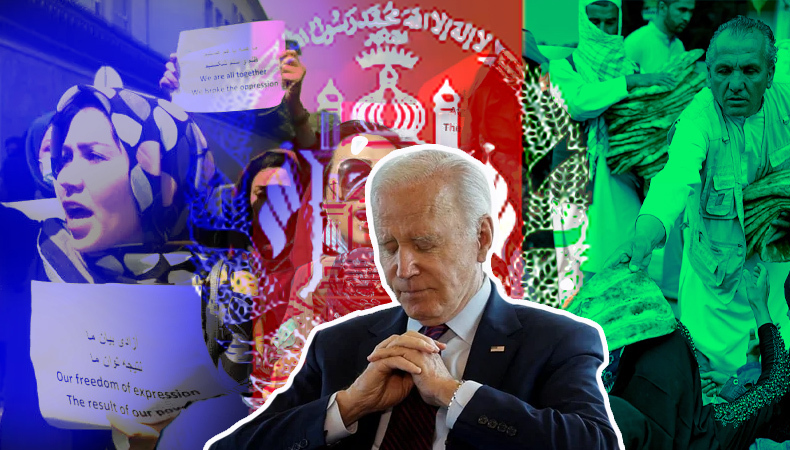Afghanistan Policy: The Urgent Need for Coherence and Strategic Focus

After the Taliban seized control of Afghanistan, the US negotiated with the insurgent group to discuss urgent issues such as the escalating humanitarian crisis, international terrorism, unstable economies, and women’s rights. But the Biden administration lacks a well-thought-out plan for efficiently handling Afghanistan. The article highlights the necessity of creating a thorough and well-considered national policy by examining the mistakes that led to the current predicament.
The roots of the current Afghan crisis can be traced back to February 2020, when Donald Trump agreed to a deal with the Taliban for the phased withdrawal of US forces by May 2021. The Afghan government’s fall and the Taliban’s rise to power were made possible by this deal. Instead of dumping the defective pact when President Biden assumed office in January 2021, he delayed the withdrawal until September 2021. Most US and international soldiers had already departed by July, and the Taliban seized more land than ever before on August 15 when they took control of Kabul.
The Biden administration has failed to develop a compelling Afghan policy after its departure. This lack of focus is particularly pronounced in the counterterrorism sector. Asserting that Al-Qaeda was not present in Afghanistan and that the Taliban had been working together to commit acts of terrorism, President Biden has been in denial about the terrorist situation there. The Taliban’s protection of several terrorist organisations, such as Al-Qaeda and Daesh, suggests the opposite, however, as shown by the facts.
Keep Reading
The situation of Afghans who aided the US and feared for their lives as the Taliban took control is another crucial issue. Despite bringing tens of thousands of Afghans to the US, legislation allowing them to stay there legally has not been passed. Additionally, the US administration has not publicly supported or engaged with the newly formed opposition force, the National Resistance Front, centred in the Panjshir Valley.
It is essential for the international community, especially the US, to have a comprehensive strategy in place while Afghanistan struggles with a severe humanitarian crisis and internal strife within the Taliban leadership. The 9/11 attacks are a vivid example of what happens when problems go unaddressed in the past. The US should collaborate closely with international and regional allies to devise a well-thought-out strategy to solve the severe challenges in Afghanistan and stop further destabilisation rather than holding fruitless discussions with the Taliban.
The lack of a coherent Afghan policy has contributed to the current crisis in Afghanistan. The Biden administration must take immediate action to develop a comprehensive strategy to address the humanitarian crisis, counterterrorism, women’s rights, and economic instability. Ignoring the problems in Afghanistan could have far-reaching consequences, and the international community must work together to prevent further deterioration in the country. Only with a well-planned and focused approach can a lasting and stable solution be found for Afghanistan’s complex challenges.







